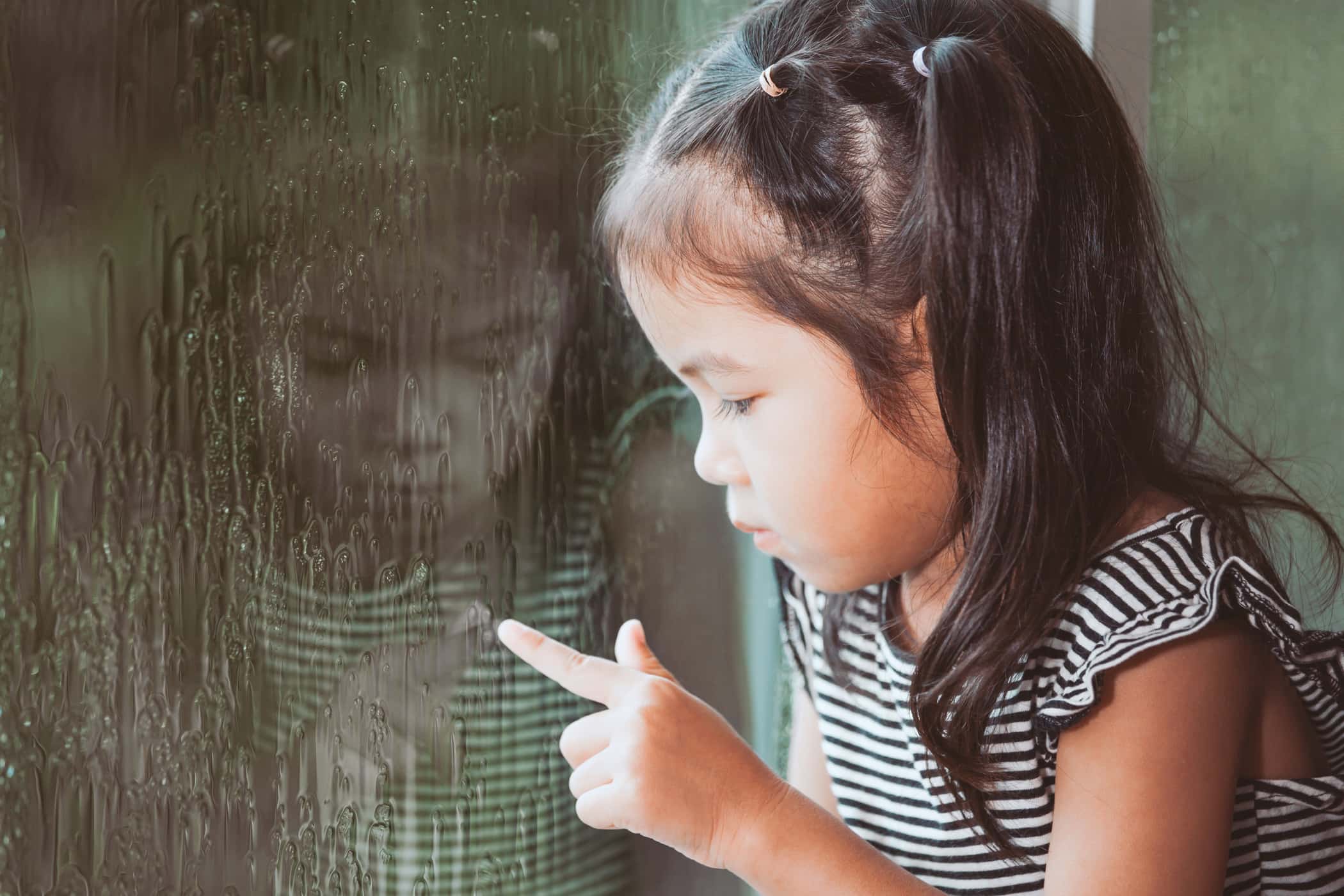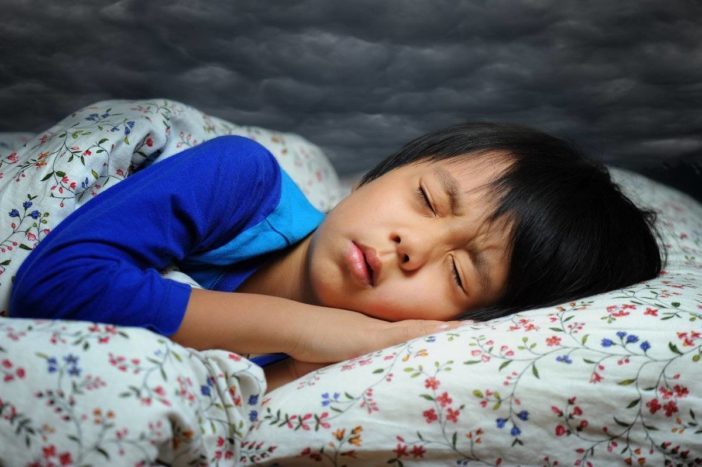Contents:
- Medical Video: 8 Signs You're Suffering from Depression Without Knowing It
- Symptoms of stressed children
- 1. The emergence of negative behavior
- 2. Easy to be afraid
- 3. Withdraw from family or association
- 4. Pain without obvious causes
- 5. Changes in appetite
- 6. Sleeplessness
- 7. Bedwetting
- 8. Can not concentrate
- Don't ignore stress in children
Medical Video: 8 Signs You're Suffering from Depression Without Knowing It
According to a national survey conducted by a health site from the United States, WebMD, most parents do not realize the appearance of signs of stressed children.This could be due to a false understanding that only adults can be stressed. In fact, children five years to adolescence may also be attacked by stress.
The causes of child stress are certainly various. For example, problems in the family, demands for learning and competing in school are very high, there are family members who are seriously ill, or social pressure from their social environment.
Children and adolescents generally cannot understand and express what they feel. They themselves do not even realize that what they are experiencing is stress. Therefore, it is your job as a parent to help recognize symptoms of stress in children and adolescents.
Symptoms of stressed children
1. The emergence of negative behavior
Notice that lately the child shows a change in behavior that is not good. Does the child become irritable, offended, complain, argue, or cry?
Children and adolescents may lie more often and violate the rules at home. For example, wandering to the night or refusing to do household chores which are his responsibility.
2. Easy to be afraid
One of the characteristics of stressed children is suddenly becoming easily scared. Whether it's afraid to sleep alone, afraid of a dark room, fear of being left behind by parents, or afraid to face strangers. Especially if before the child is a figure who is quite brave. This is a sign that the stress experienced by a child is severe enough.
3. Withdraw from family or association
When stressed, children may choose to avoid interaction with their family or friends. Pay attention to whether children always avoid when you ask, don't want to be invited to eat or go together, or more often spend time alone in the room. Likewise, if children rarely play with their friends.
4. Pain without obvious causes
If the stress that arises is so serious, the child usually experiences physical symptoms such as abdominal pain, headaches, or dizziness. Even though when checked into a doctor, the child is not currently suffering from certain diseases. These symptoms are the child's body reaction to stress.
5. Changes in appetite
Children's appetite can increase or decrease dramatically due to stress. When his appetite goes down, he may reason that the food is not tasty or he is not hungry. Whereas if your appetite rises, your child may become more frequent snacking and hungry when they have eaten.
6. Sleeplessness
Not only adults who, when under stress, have trouble sleeping. Likewise with children and adolescents who are hit by stress. In addition to insomnia, usually children who are stressed often wake up in the middle of the night due to nightmares.
7. Bedwetting
Be careful if children who have stopped bedwetting suddenly return to show the habit. Usually children who are stressed are indeed returning to various habits they had when they were kids. In addition to bedwetting, children may also suck on their fingers again or do not want to escape from their favorite dolls.
8. Can not concentrate
Because he felt overwhelmed with the burden borne, the child was difficult to concentrate. Whether it's when studying at school, listening to orders from parents, or even when watching television.
Note that children tend to stare blankly at the front or look down when doing activities as usual. That means the child is no longer concentrating on what is being done.
Don't ignore stress in children
If your child has shown a variety of stress symptoms, don't be ignored. The stress left can have a negative impact in the long run. Stressed children are more susceptible to mental disorders such as depression.
In addition, because of changes in diet due to stress, children are even more at risk of experiencing malnutrition or being overweight.
Another impact that might arise is the decrease in achievement at school because children cannot concentrate on learning. To avoid various complications of stressed children, invite the child to chat about the pressure he is facing. From there, help children to understand the situation while looking for the best solution.
If the stress doesn't stop, you can consult a child and family counseling expert.



















